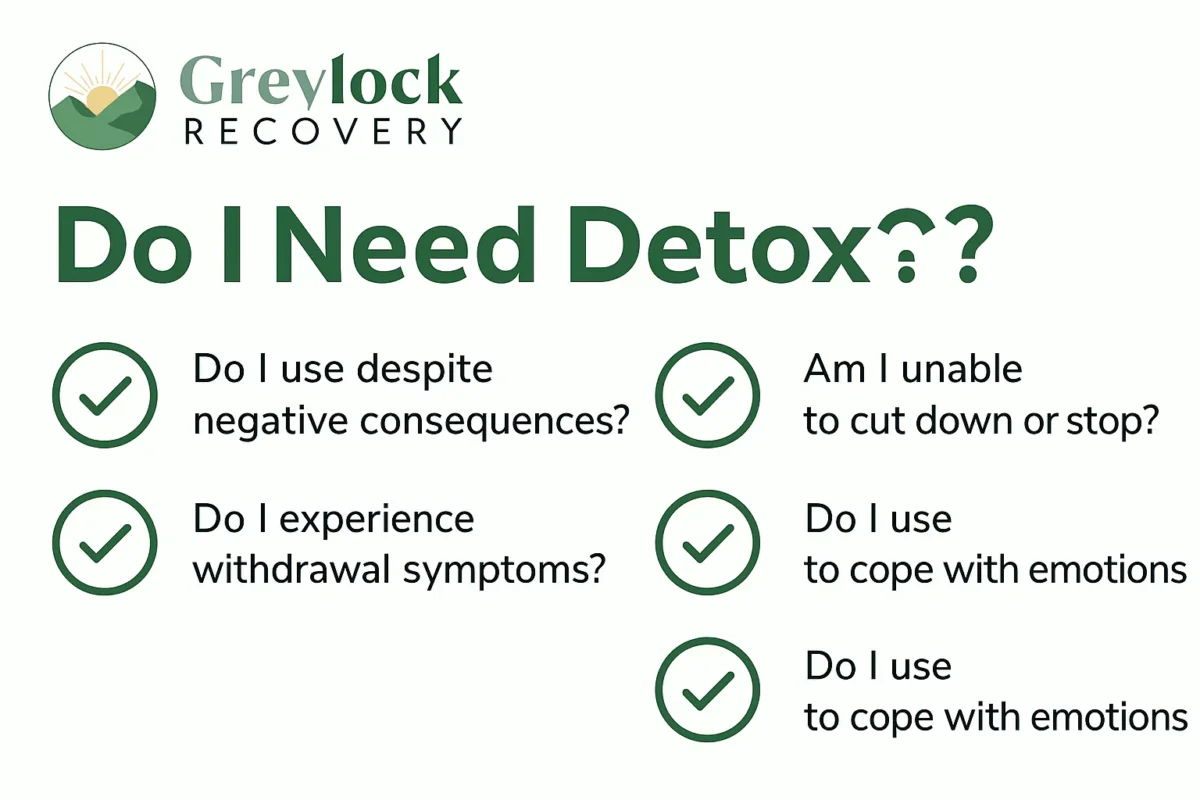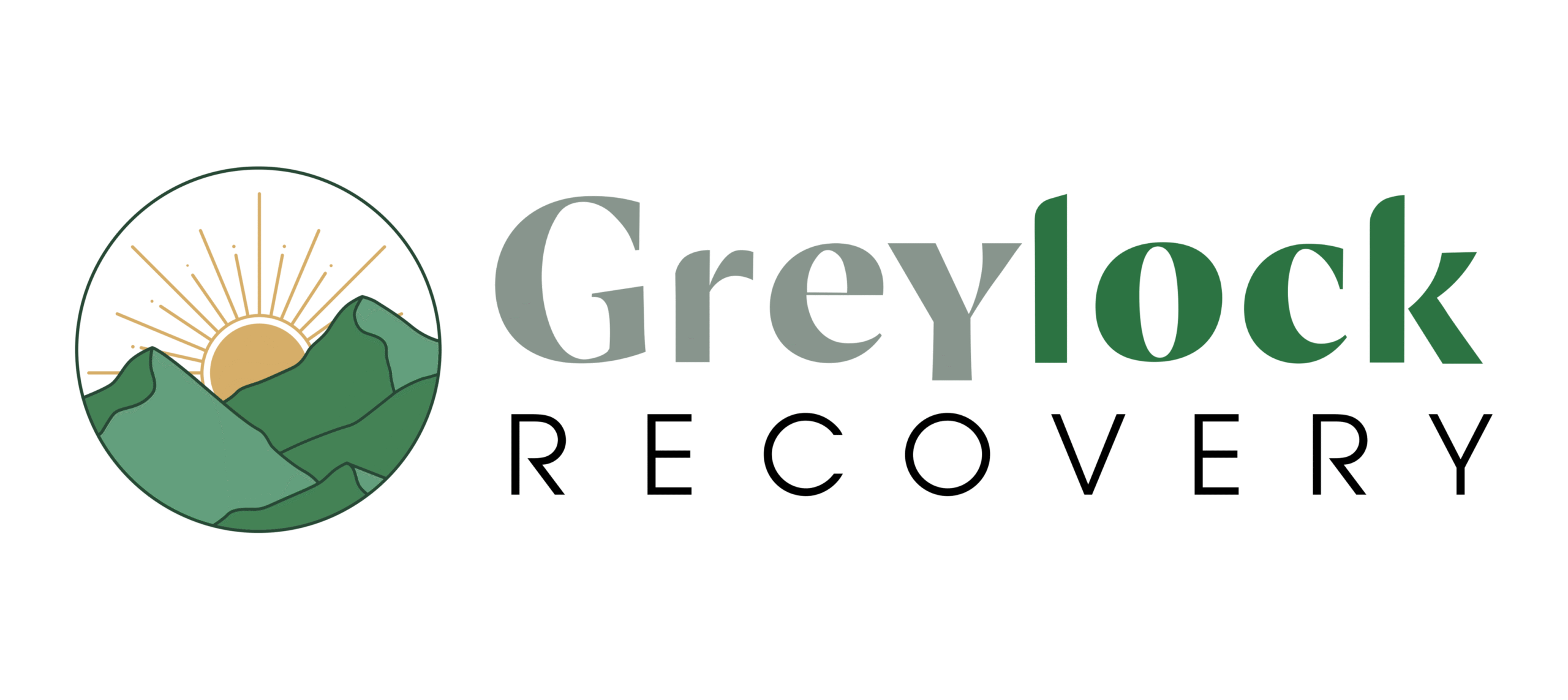It’s a special kind of heartbreak — watching your 20‑year‑old spiral again. You’ve tried support. You’ve tried boundaries. You’ve been the rock. But you’re tired, scared, and unsure what actually helps. If you’re considering a detox program in Massachusetts, you’re not alone — and there are paths forward.
What exactly does a detox program do?
Detox helps the body rid itself of drugs or alcohol in a medically supervised environment. It addresses acute withdrawal and stabilizes the physical system.
But detox alone isn’t treatment — it’s the starting line.
Will detox “fix” the problem?
No. Think of detox like clearing a storm — you can’t heal while buried under clouds. Detox gets your child to shore. Then the journey inland begins.
Detox opens space so therapy, counseling, and deeper work can actually land.
What programs could be right for my kid after detox?
Each person’s recovery path is unique. Here’s how Greylock’s programs work together — like puzzle pieces — to meet different needs:
| Program | Who it’s for / when it applies | What it does |
| Residential Treatment / Levels of Care | Most grads of detox | Full-time therapeutic immersion: individual, group, trauma work |
| MAT (Medication-Assisted Treatment) | Especially helpful for opioid, alcohol, or high-relapse-risk cases | Medication + therapy to ease cravings, reduce relapse risk, support brain healing Greylock Recovery+1 |
| A Mother’s Journey | Pregnant or postpartum women with substance use challenges | Trauma‑informed care, prenatal/postnatal support, parenting help Greylock Recovery+2Greylock Recovery+2 |
| Stays Connected Program | Post-discharge / long-term recovery | Ongoing check-ins, mentorship, community support so they don’t “fall off” after leaving treatment Greylock Recovery+1 |
| Family Forward Program | You — the parent or family | Healing for the family system: therapy, guidance on boundaries, rebuilding trust Greylock Recovery |
You may see overlap, and that’s okay. It’s not “one path only” — it’s assembling the right supports.
My child went to treatment before. Why are we still here?
Because addiction is chronic. It’s a disease of cycles, not a one‑time fix. Using again doesn’t erase earlier gains. It tells you something still needs different care or deeper support. You’re not back at “zero”—you’re deeper into the map.

What happens after detox?
After detox, many clients enter residential or high-intensity care. Over time, they may shift to outpatient, MAT, or join Stays Connected for ongoing support. Family Forward helps you stay involved without hurting recovery.
We walk families through transitions. You won’t be left in the dark.
How do I know if my child needs MAT instead of straight therapy?
Look at these warning signs:
- Repeated relapse,
- Cravings too intense to resist,
- Withdrawal cycles too punishing,
- History of opioid or alcohol dependency.
MAT isn’t a shortcut or “easy” — it’s evidence-based support for brain and body. It reduces risk and gives your child a steadier foundation.
What if I’m too exhausted, scared, or lost?
You’re allowed to feel that. This is a heavy load. But you don’t need to carry it alone. Family Forward exists because you matter too. Healing the family system can strengthen your child’s recovery — and give you hope again.
📞 Ready to Talk?
Call (413) 848-6013 or visit our detox program page to learn more about our detox program services in Williamstown, Massachusetts. You’re not alone in this. Let’s take the next step — together.


